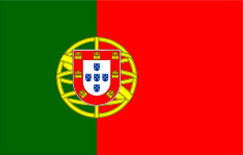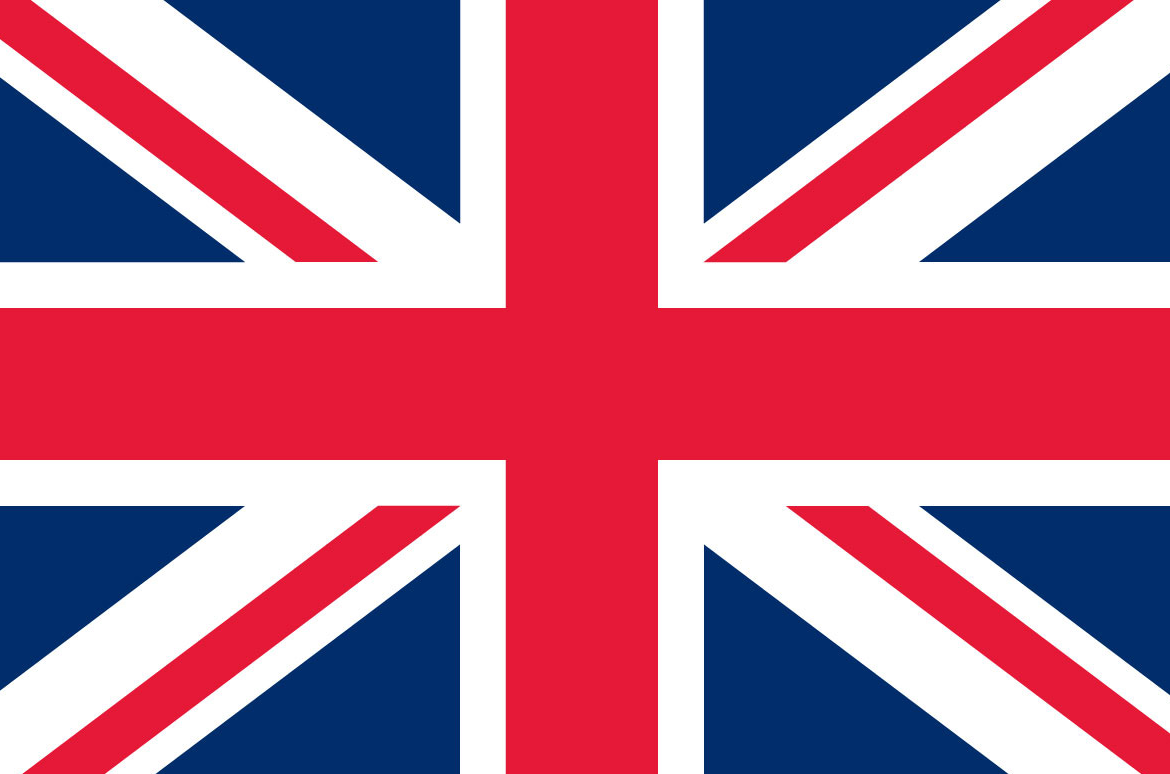Duties and Assignments
Duties and Assignments
Maritime Administration
The Maritime Administration is responsible for assuring the quality of the registration of ships under the Portuguese flag, ensuring compliance with safety and security requirements for new constructions, ships in service and port facilities, as well as the accreditation of training and certification schools for seafarers.
National Fisheries Authority
The National Fisheries Authority is responsible for exercising the functions of Fisheries Authority under the provisions of the Union Control System and the regime that aims to prevent, stop and eliminate illegal, unreported and unregulated (IUU) fishing.
National Maritime Traffic Control Authority
The National Maritime Traffic Control Authority is responsible for ensuring the efficiency and effectiveness of maritime traffic control in the areas of intervention of maritime traffic control services, issuing regulatory standards, supervising the operation of control centres and maintaining the certification of technicians, accreditation of training entities and recognition of the courses.
Competent Authority for the Protection of Maritime Transport and Ports
The Competent Authority for the Protection of Maritime Transport and Ports is responsible for ensuring the highest possible level of protection of the maritime and port industries, by introducing security measures applicable to port facilities and ships on international voyages and on domestic voyages, as defined by law.
National Waste Dumping Authority
The National Waste Dumping Authority is responsible for selecting and geo-referencing of dredged sites at sea. It also undertakes the environmental monitoring of these sites, and submits the annual report of all diving operations at sea carried out in Portugal to the OSPAR Commission. Its purpose is to ensure the maintenance of good environmental status in the marine environment.
![]() Assignments
Assignments
As regulated in Decree-Law No. 49-A/2012, of 29th February, the DGRM pursues the following assignments:
- To ensure, through management and planning methods, the framework of knowledge of the natural marine resources available in areas under sovereignty or national jurisdiction, in relation to their inventory, use and spatial planning
- To monitor the allocation and implementation of national and Community funds for marine natural resources, safety and maritime services
- To act as the interlocutor for Community funds or instruments to support fisheries both at national level and within the European Union
- To contribute to the definition of the common fisheries policy and participate in the definition and implementation of the national fisheries policy, in its internal, Community and international cooperation dimensions, ensuring its implementation, monitoring and control
- To program, coordinate and perform the supervision, surveillance and control of fishing, aquaculture and related activities, in particular within the framework of the Fisheries Monitoring and Control System and the Continuous Monitoring System of Fishing Activities in accordance with the law
- To authorize, license and approve the structures and productive activities in the fields of sea fishing, aquaculture, sea catches and recreational fishing, in coordination with other competent services
- To manage the fisheries information system, including aquaculture and manufacturing industry, salt production on a national and regional level, and liaising with relevant national and international fisheries bodies. It also manages the fisheries statistical system within the framework of the national statistical system, ensuring the expansion and development of the National Fishery Data Bank
- To ensure the certification of professional training in the fisheries and maritime transport sector
- To promote maritime and port security by regulating, supervising, auditing and inspecting organisations, activities, vessels, equipment and port facilities, in accordance with the provisions of the relevant legal instruments of the International Maritime Organisation (IMO), the International Labour Organisation (ILO) and the European Union (EU) in force in the national legal system
- To ensure the certification of vessels and national seafarers
- To perform its duties in the field of maritime and port security and prevention of pollution by vessels
- To promote the adoption, application, monitoring and control of compliance with laws, regulations, standards and technical requirements applicable within the scope of its attributions, including national and international relating to safety standards in the maritime and port sectors, without prejudice to the competencies assigned by law to other entities
- To cooperate with the entity responsible for investigating marine casualties and incidents
- To operate and coordinate maritime traffic monitoring and control services and systems, coordinating the development of their respective support systems
- To assign, within the scope of its powers, the titles of use of the maritime space and license or participate in the licensing of the activities to be carried out in this space
- To participate in the process of planning and territorial management of coastal areas
- To propose, in articulation with the National Authority for Nature Conservation and Biodiversity, the creation of marine protected areas, ensure the management of those of national interest and collaborate in the management of those of regional or local scope, namely through the preparation/elaboration, assessment and review of respective planning plans
- To participate, at a technical and scientific level, in the definition and promotion of strategies for the protection of marine protected areas, defined at national, community or international level, and coordinate national participation under the Convention for the Protection of the Marine Environment of the North-East Atlantic (OSPAR)
- Licensing and inspecting, within the scope of its powers, the use of waters in protected marine areas
- To collaborate in the development and maintenance of the National Environmental Information System
- To exercise its powers, under the terms of law, in the field of maritime administration and safety, in particular those that are assigned to it under Decree-Law No. 46/2002, of 2nd March, and recreational boating
- To regulate the activity of entities operating in the maritime-port sector and recreational boating sector, namely by approving administrative rules for regulation of the sector
- To ensure, within the scope of its powers, the representation of the Portuguese State in international bodies of the maritime port sector
- To promote the application and monitor compliance with laws, regulations, norms and technical requirements applicable within the scope of its assignments, including national and international standards related to the maritime port sector, without prejudice to the powers of other entities
- To exercise the functions of National Fisheries Authority, National Dumping of waste Authority, National Maritime Traffic Control Authority and as the Competent Authority for the Protection of Maritime Transport and Ports, under the terms of the law
- To contribute to the definition and updating of civil emergency planning policies in the maritime transport sector
- At the level of the North Atlantic Treaty Organization (NATO), to contribute to the definition of the policies and doctrines adopted within the framework of its advisory body, Civil Emergency Planning Committee (NATO) and ensure the coordination of the activities of the Portuguese delegates in its dependent bodies, as regards the maritime transport
- To construct, acquire, conserve and monitor the infrastructure works that are necessary for the performance of its duties
- To instruct litigation procedures within the scope of its duties and assignments
- To exercise the sanctioning powers assigned to it by law
- To exercise the other duties assigned to it by law.



